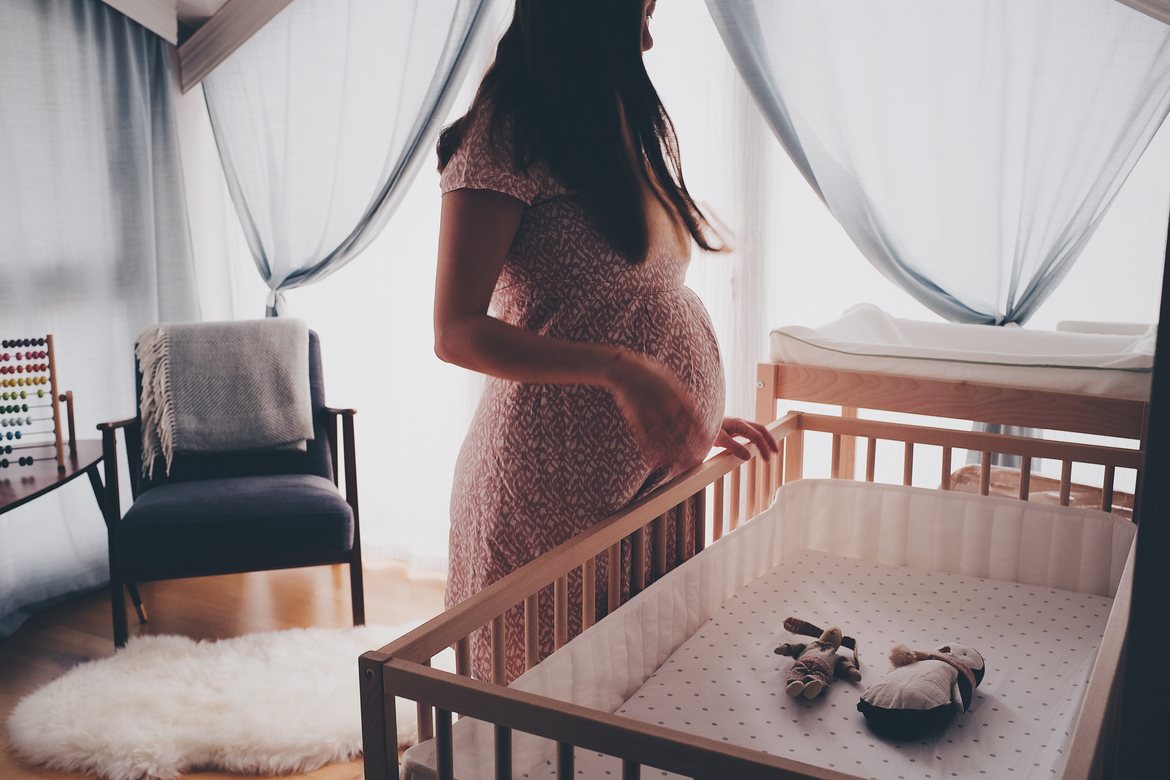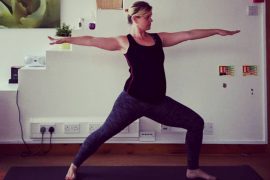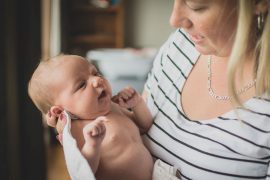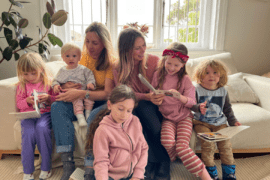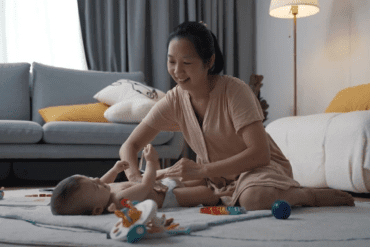By Dawn Kingston, written for Suicide Prevention Month in September
Let’s bust some myths, shall we?
1. Speaking up if you need help is a sign of strength, NOT weakness.
2. Suicidal thoughts can affect anyone, regardless of age, gender, background. It is an invisible illness that can be helped.
3. Men are x4 more likely to die by suicide but more women experience suicidal thoughts (according to @namicommunicate – National Alliance on Mental Illness).
What are some myths you think should be busted regarding suicidal thoughts/tendencies? How can we educate and do a better job in helping people to prevent this type of tragedy?
Suicide and Perinatal Parents
According to the Sydney Morning Herald:
“It’s a shocking and little-known fact that suicide is the leading cause of maternal death in Australia during pregnancy and the 12 months following birth. And crucially, women use more violent means to die by suicide in the perinatal period than at other stages in their lives. This means family, friends and health services have fewer opportunities to intervene.”
For this reason, we strongly believe in and advocate for mental health screening to catch early signs of anxiety and/or depression – yes, during the postpartum period, but just as importantly during pregnancy.
3 Reasons Why All Pregnant and Postpartum Women Should be Screened for Depression:
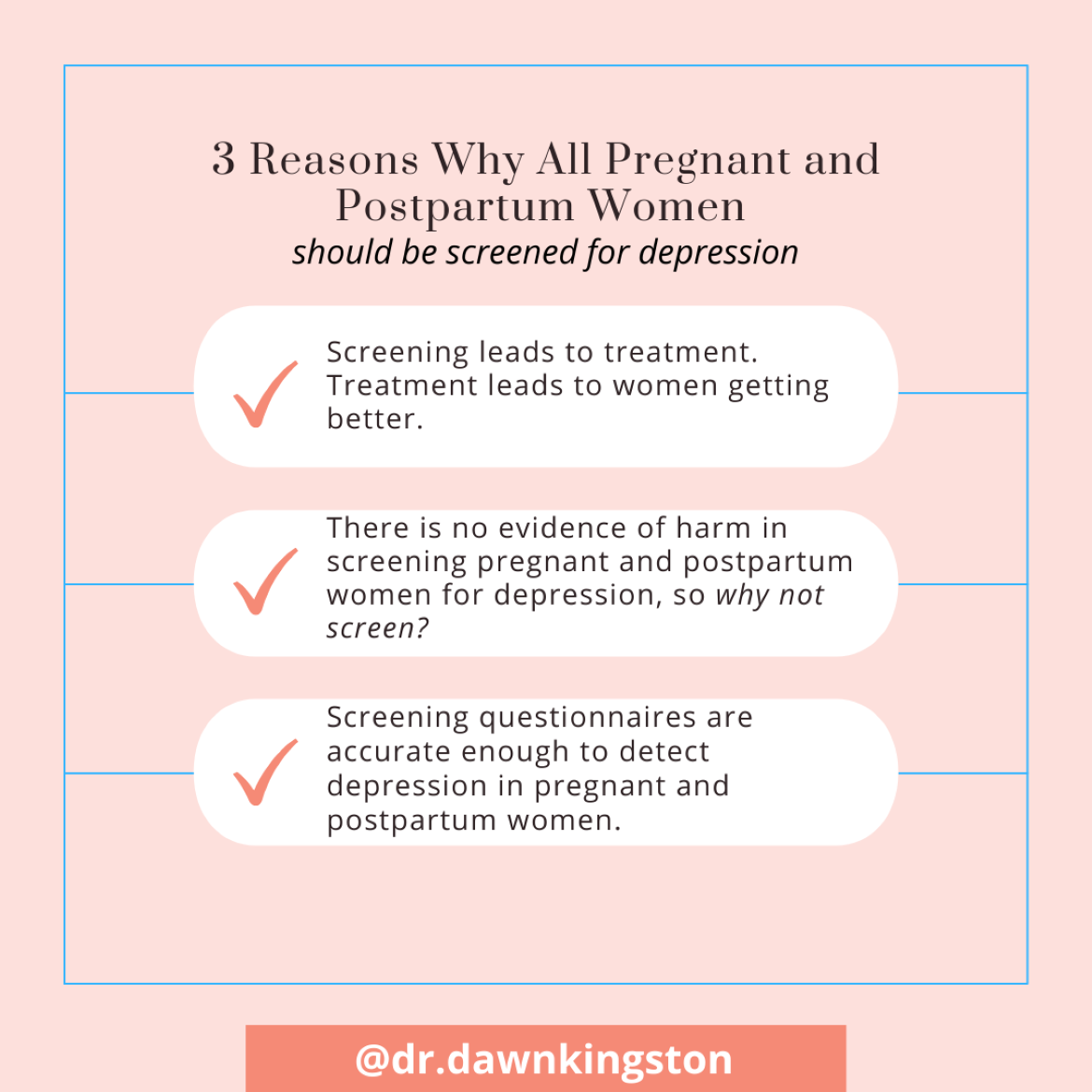
1. Screening leads to treatment. Treatment leads to women getting better.
2. There is no evidence of harm in screening pregnant and postpartum women for depression, so why won’t we screen? It is a win-win situation if we choose to screen.
3. Screening questionnaires are accurate enough to detect depression in pregnant and postpartum women.
Create a Safety Plan
You may be asking, ‘What is a safety plan?’
A safety plan is essentially a plan to help you navigate sad and difficult times, to keep you safe and remind you there are options other than suicide. When life gets challenging and overwhelming, it can feel difficult to cope or think straight. A safety plan helps bring together personalised coping strategies to remind you that you are not alone and can help you feel safe.

